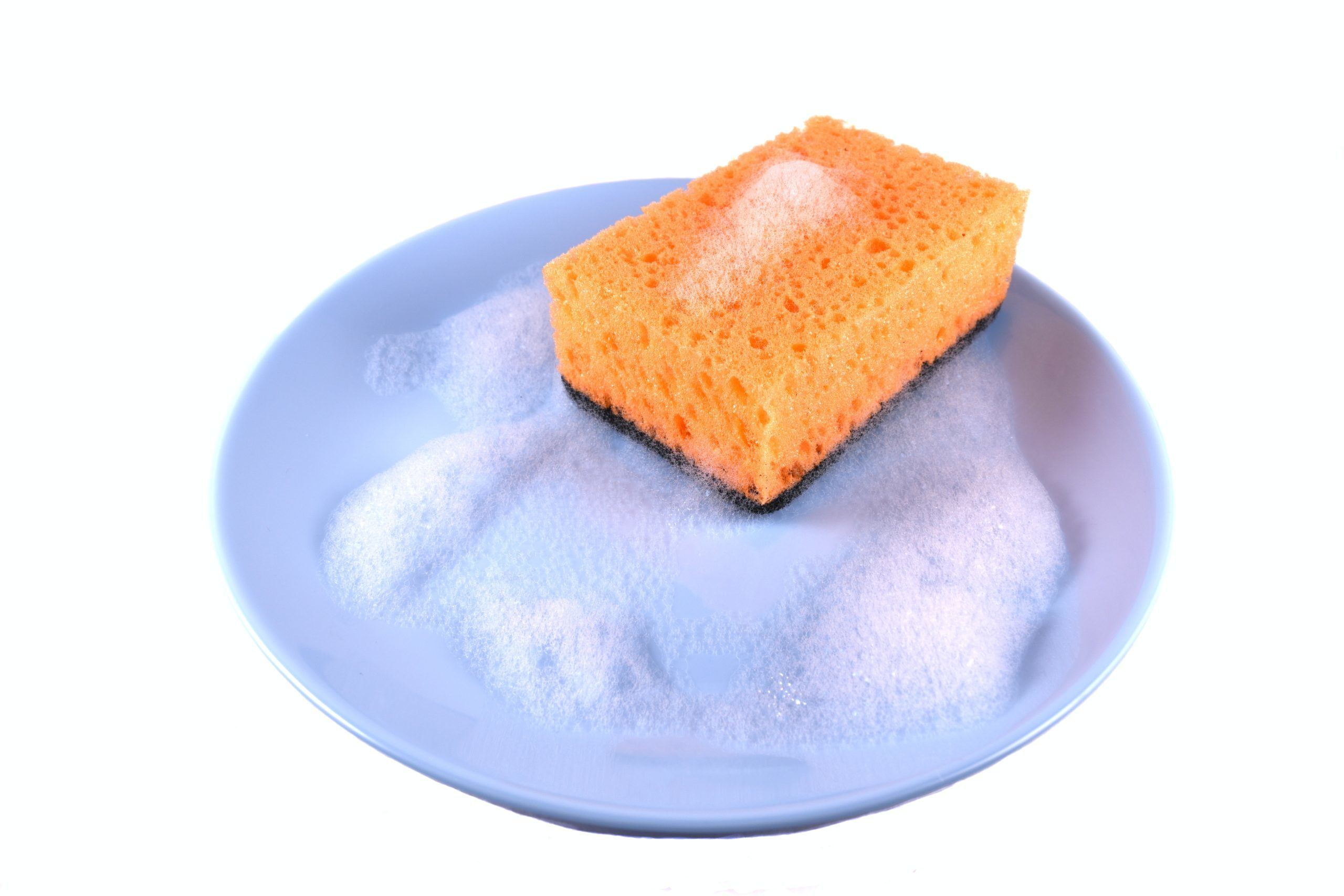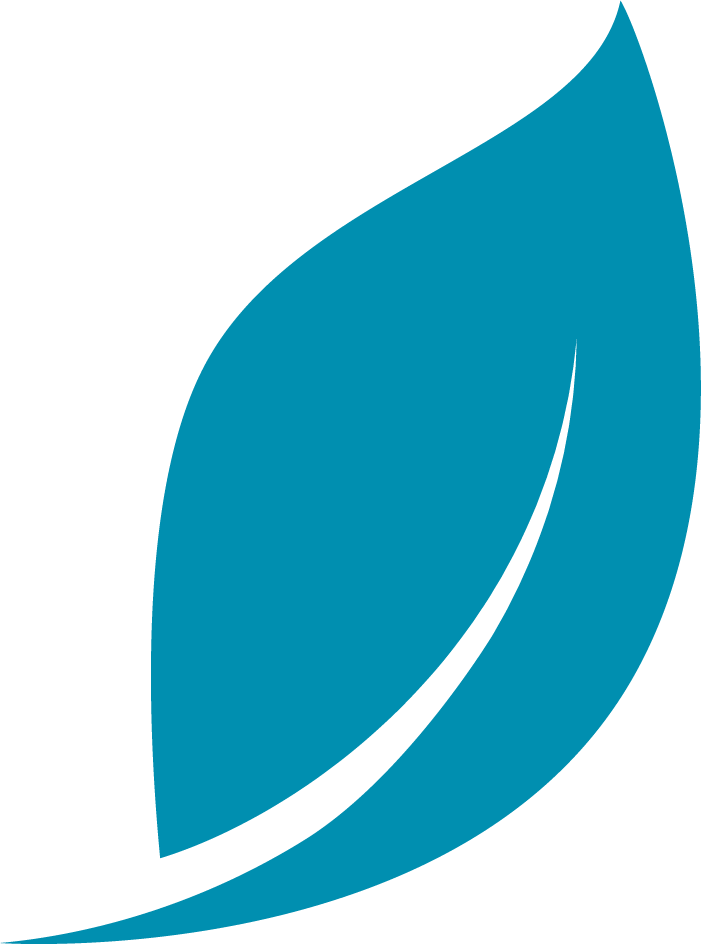Who's the better language learner -
Adults or children?
After 60 seconds I'm in pain. After 100 seconds, I collapse. Imagine my surprise when I heard that George did it for 8 hours, 15 minutes and 15 seconds - a world record.
What was George doing? He was planking (see picture below).

And here's the kicker. He did it at 62! That's right, 62 years of age.
This shocked a lot of people, including me, because most people assume, including me, that in athletics, younger is better.
‘Younger is better’ is a common assumption for adult language learners, too. And why not? Research and experience prove that children usually learn another language much better.
But, what if the ‘younger is better’ assumption is wrong? What if adults have a George-like talent to master another, or several, languages?
What does the research say? Do adults have a shot at this language game or should we just quit and do something more productive . . . like planking.
The research shows that children do one thing better than adults.
My daughter snatched the pen from my hand and blurted out, “Finders keepers, losers weepers”.
"Wow! Where did you learn that!?”, I asked..
She responded, “I didn’t learn it. I know it”.
The research shows that children are excellent implicit learners:
- children don’t intend to learn a language
- and children are not even aware of what they are learning.
That's why my daughter's "finders keepers" quote slapped me in the face. I realized it was implicit learning. She has no native-English friends. She probably picked the phrase up from a cartoon. The point is that she wasn't trying to learn it and she wasn't even aware she learned it. But, she can use it.
My daughter's brain is like a dry sponge. By just being around the language, she absorbs the language, unconsciously and thoroughly. We know this because all children, unless they have cognitive problems, become masters at their first language.
Don't worry, the adult brain learns implicitly, too. But, if you compared an adult's brain to a sponge, the sponge would be a bit wet. The adult brain does not have the same capacity to absorb knowledge unconsciously.

How do we know? There have been no documented cases of any adult that has ever been immersed into an L2 context, and has come out with native level language skills. (This is also including the cases of highly motivated adults immersed in the second language culture)
It’s simple. Children are better than adults at learning things they have no intention of learning and don’t even know they’ve learned.
The score is: Children 1 - Adults 0
But, research also shows that adults naturally do one thing better than children!
Adults may not have dry sponges for brains but they do have brains like a . . . a green house.
If a child is a farmer, the child would grow their learning in the fields - outside. The child's learning follows the ebb and flow of the weather conditions - outside. Adults, on the other hand, have the ability to grow their learning in a green house. We control the weather, so to speak, by utilizing something we do very well - noticing.
At precisely the age our unconscious learning powers drop (around 12 years of age) our noticing skills grow. We may not unconsciously absorb as well as children but our minds are very very good at consciously finding patterns - much better than children.

And the good news is, this ability to notice patterns stimulates implicit, unconscious learning.
And that’s why adults can reach near-native levels of language acquisition. Boom.
Children 1 - Adults 1
(There is a caveat, however. With absolutely no exceptions, young children always beat adults with native accents. So, perhaps children win the game in overtime?)
So what does this mean for you?
First of all, don't believe any language teacher on YouTube who claims you can learn the way a child learns. It's only partially true. But worse, if you try to learn like a child, it will take an extraordinary amount of time and you will have a tremendous amount of unfixed grammatical errors.
Second of all, teaching methods are extremely important for adults. Adults need teaching methods that act like a tight-rope walker's pole. One side of the pole has exposure of naturally occurring language to feed the implicit learning. The other side of the pole direct our noticing powers toward form-focused exercises. However, you need exercises that focus your attention to subtle mistakes that you’re dealing with right now. And, by observing, processing, comparing - noticing - these nuances, you will increase the depth and speed that your mind unconsciously processes the language forms.
So, let’s wrap this all up.
Implicit learning is the holy grail of language learning. And children are significantly better at it than adults. However, there is good news - adults can use noticing skills to increase the pace of implicit learning.
And even though adults cannot develop a truly native accent in a second language, adults can learn another language to a near-native level.
There are many reasons adults don't become good at a language, but it's not because they are an adult. The reality is, adult brains can learn well. This is not a motivational speech, it’s just the physical reality of what you are actually capable of.
And, by the way, remember George? His next goal is to become the world record holder in most push ups in one hour. That’s pretty intense.
Personally, I'll stick to learning another language.

